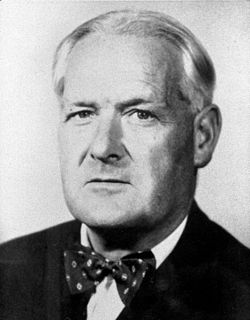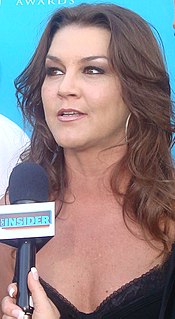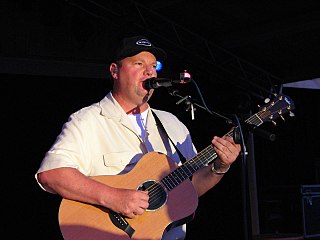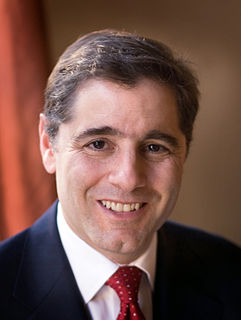A Quote by Jensen Huang
I love that the work that we do is so vital to science. We're in a lot of ways at the scientific front line. The work that we're doing to build up the computational defense system for infectious diseases, whether it's finding the vaccine as fast as possible this time or next time to detect early outbreaks.
Related Quotes
The scientific community should work as hard as possible to address major issues that affect our everyday lives such as climate change, infectious diseases and counterterrorism; in particular, 'clean energy' research deserves far higher priority. And science and technology are the prime routes to tackling these issues.
My vision of being a professional, as opposed to being a football player before, has completely changed. Being a pro is doing everything right all the time. It sounds cliche, but if you apply that to strength training, if you apply that to a lot of body work, if you apply that to making good decisions, all the work I did on myself and all the time I spent with therapists and doctors and family, that was my mantra: "Do it right all the time." It started to build momentum, and it started to build up steam. Once I got the opportunity to come back and play, I just kept using that and it helped.
All scientific work is incomplete - whether it be observational or experimental. All scientific work is liable to be upset or modified by advancing knowledge. That does not confer upon us a freedom to ignore the knowledge we already have, to postpone action that it appears to demand at a given time. Who knows, asks Robert Browning, but the world may end tonight? True, but on available evidence most of us make ready to commute on the 8:30 next day.
Whether I build a character from the ground up or develop one, whether within my own copyright or in licensed work, I can step into that character's mind. It takes a kind of voluntary dissociation akin to method acting, military planning, marketing, or detective work: to think like the other guy and work out what he's going to do next.
All the big ideas for getting us onto a lower carbon trajectory involve a lot of people doing a lot of work, and that's been missing from the conversation. This is a great time to go to the next step and ask, well, who's going to do the work? Who's going to invest in the new technologies? What are ways to get communities wealth, improved health, and expanded job opportunities out of this improved transition?
Work on causal theories of knowledge - early work by Armstrong, and Dretske, and Goldman - seemed far more satisfying. As I started to see the ways in which work in the cognitive sciences could inform our understanding of central epistemological issues, my whole idea of what the philosophical enterprise is all about began to change. Quine certainly played a role here, as did Putnam's (pre-1975) work in philosophy of science, and the exciting developments that went on in that time in philosophy of mind.


































